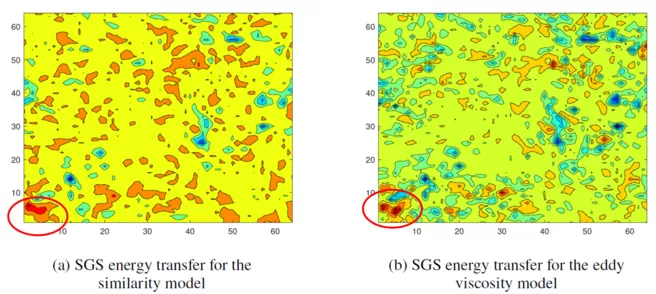Dear MEP Core Members, TUM Researchers and Students,
you are cordially invited to participate in our upcoming lecture series, "New Horizons in Materials, Energy, and Process Engineering", hosted by the Munich Institute of Integrated Materials, Energy, and Process Engineering (MEP).
This series will feature speakers from industry and leading universities sharing insights into topics within these cross-disciplinary research fields.
Our next presentation will be on the topic:
“AN AUTONOMOUS LARGE EDDY SIMULATION METHOD BASED ON INTERSCALE ENERGY TRANSFER AMONG RESOLVED SCALES OF TURBULENCE”
by Prof. Dr. J. A. Domaradzki, Department of Aerospace and Mechanical Engineering, University of Southern California
Abstract:
Large eddy simulations (LES) of turbulence require subgrid-scale (SGS) models to account for loss of physical information caused by numerical resolution insufficient to capture all dynamically relevant scales of motion. Autonomous large eddy simulations can be defined as LES where a SGS model is not postulated but obtained from actual LES data in the course of simulations. In the present work we show how the subgrid-scale energy transfer among known, resolved scales in LES, and its scale/wavenumber distribution can be obtained directly from the evolving LES velocity fields. This information, when cast in the form of a spectral eddy viscosity, forms the basis of the method for self-contained LES without use of postulated, extraneous SGS models. The only external physical information input required in the method is ultraviolet scaling of the energy flux, known from theories of the inertial range dynamics. In the physical space representation the method estimates the SGS energy transfer using a similarity/deconvolution-type model expression for the SGS tensor obtained using Gaussian filtering. In both spectral and physical space the method at high Reynolds numbers produces the inertial range spectrum with correct values of the Kolmogoroff constant and correct spectral slope as well as an excellent agreement with results of the classical Comte-Bellot & Corrsin (1971) experiments for lower Reynolds number decaying turbulence. Additionally, the SGS transfer computed for the physical space eddy viscosity model is highly correlated with the transfer computed for the similarity-type stress tensor. The talk will conclude with remarks about substituting input from theories of turbulence by machine learning techniques.
Date: Thursday, 16.05.2024
Time: 15:00 - 16:00
Location: ZEI Building, Lichtenbergstraße 4 a, Seminar Room 002 (5414.EG.002)

